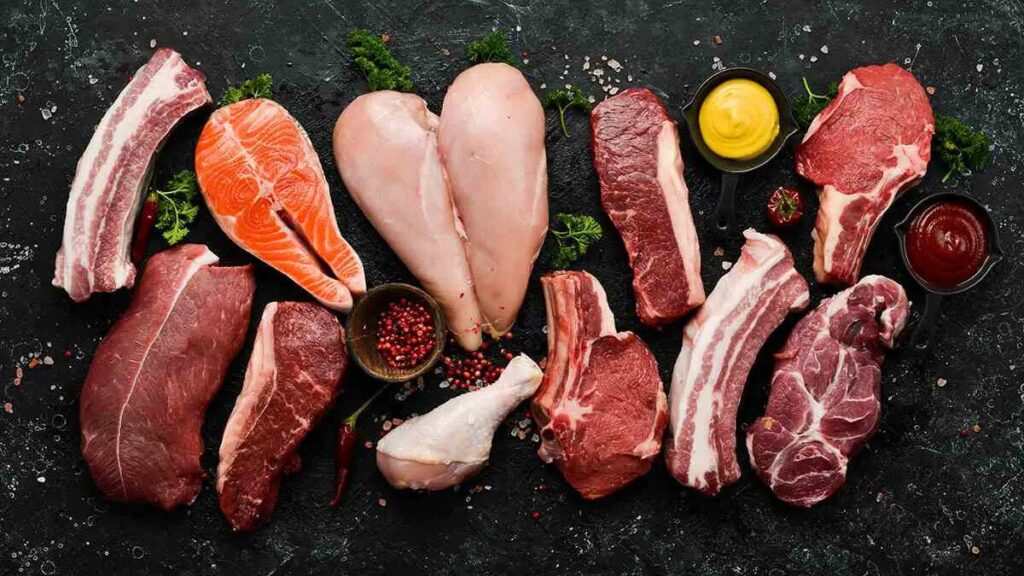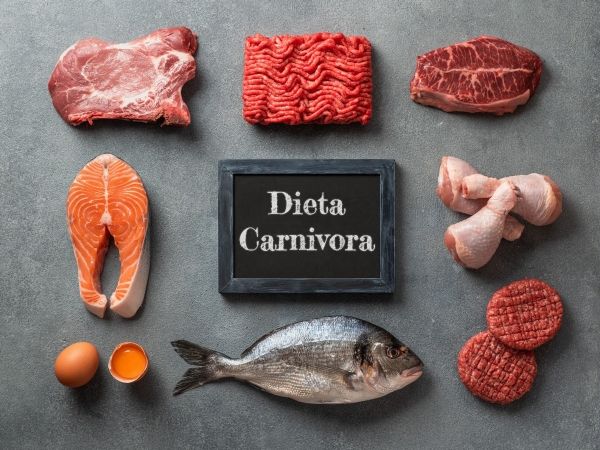The carnivorous diet is one of the most extreme dietary approaches gaining popularity in recent years. Built around the principle of eating only animal-based foods, it promises benefits such as weight loss, mental clarity, and relief from certain chronic conditions. But is it safe for everyone?
Let’s explore what the carnivorous diet is, how to follow it responsibly, and who should avoid it.
What the Carnivorous Diet Consists Of
At its core, the carnivorous diet is a zero-carbohydrate, all-animal diet. It excludes all plant-based foods and emphasizes nutrient intake from meat, fish, and animal products.
Foods typically included:
- Red meat: beef, lamb, pork, game meats
- Poultry: chicken, turkey, duck
- Fish and seafood: salmon, sardines, shellfish
- Eggs
- Animal fats: tallow, lard, butter, ghee
- Dairy (optional): cheese, cream, depending on tolerance
- Organ meats: liver, kidney, heart (rich in vitamins and minerals)
Foods excluded:
- Fruits and vegetables
- Grains and legumes
- Nuts and seeds
- Sugars and processed foods
- Alcohol (in strict versions)
This makes the diet high in protein and fat, but essentially devoid of carbohydrates and plant nutrients.
Recommendations for Following the Diet
If you’re considering the carnivorous diet, here are some guidelines to keep in mind:
- Incorporate organ meats – They are essential for micronutrients like vitamin A, iron, and B vitamins.
- Choose nutrient-dense, quality foods – Grass-fed beef, wild-caught fish, and minimally processed products are preferable.
- Stay hydrated and monitor electrolytes – Lack of plant foods can lower intake of potassium, magnesium, and vitamin C. Supplementation may be necessary.
- Transition gradually – Moving straight from a balanced diet to only meat can cause digestive discomfort, fatigue, or “carnivore flu.”
- Track your health – Regular blood tests for cholesterol, kidney, and liver function are strongly advised.
Potential Benefits
Advocates of the carnivorous diet report a variety of benefits, such as:
- Weight loss due to increased satiety and reduced calorie intake
- Stable blood sugar levels, helpful for people with insulin resistance
- Simplified digestion, especially in individuals with food intolerances
- Reduced autoimmune and inflammatory symptoms (anecdotal evidence)
- Improved energy and focus due to consistent fuel from fats and protein
While some studies suggest short-term benefits, long-term scientific evidence is still limited.
Contraindications and Risks
The carnivorous diet is not suitable for everyone. Possible risks include:
- Kidney strain – High protein intake can worsen existing kidney conditions.
- Cardiovascular risk – Excessive saturated fat and cholesterol may be harmful for some individuals.
- Gout and uric acid issues – A heavy meat diet can trigger flare-ups.
- Nutrient deficiencies – Lack of fiber, vitamin C, and plant antioxidants may lead to health problems over time.
- Digestive issues – Constipation and reduced gut microbiome diversity are common.
- Psychological or social challenges – Restricting food groups can make the diet hard to sustain.

The carnivorous diet eliminates all plant foods and focuses entirely on animal products. While some people report weight loss, improved focus, and symptom relief, it comes with potential long-term health risks that cannot be ignored.
If you’re considering this diet, make sure to:
- Consult a healthcare professional first
- Adopt it gradually
- Monitor your bloodwork and overall well-being
Nutrition is highly individual, and while the carnivorous diet may benefit some, it may not be sustainable—or safe—for everyone.

